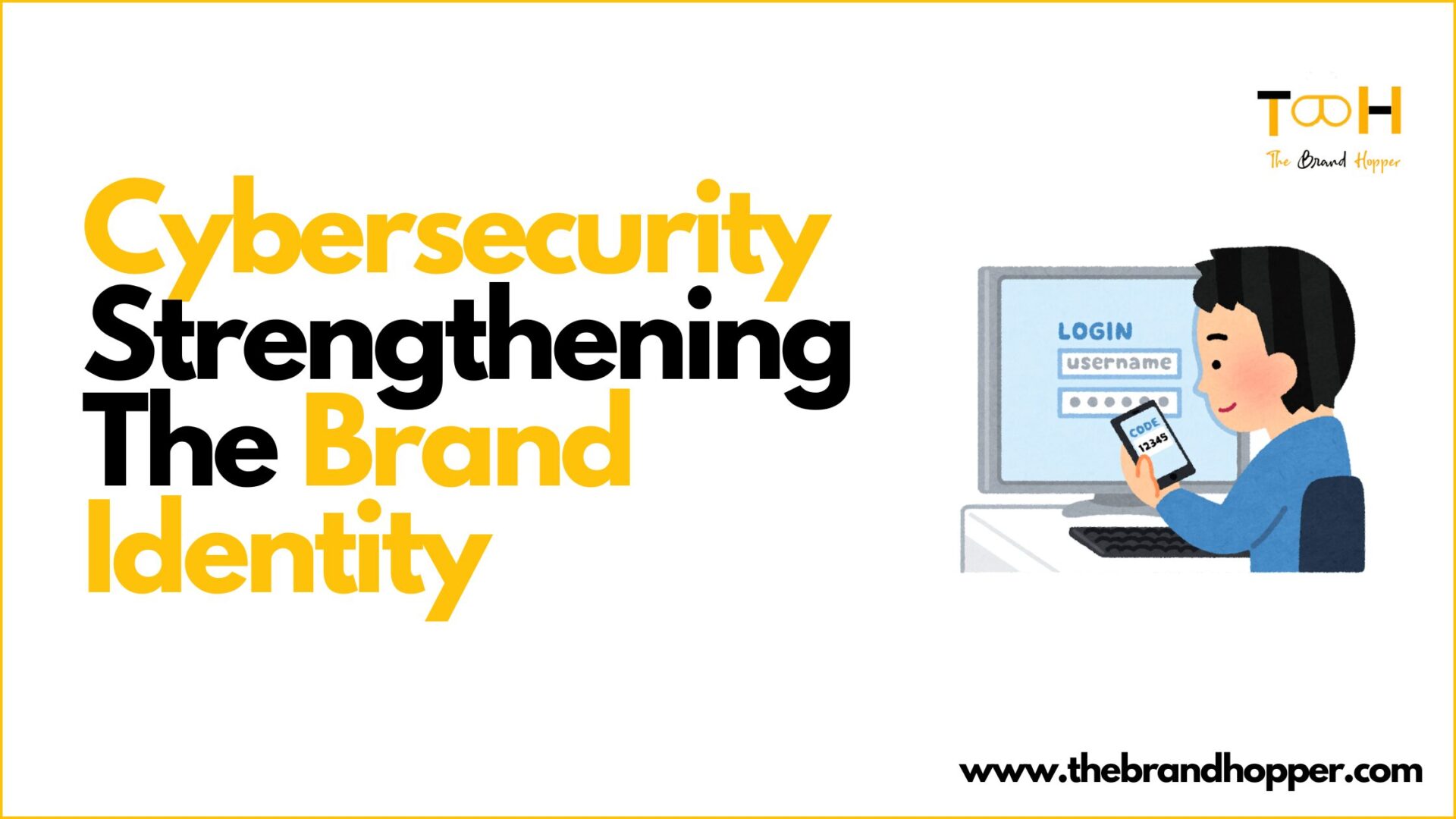In today’s digital age, a strong brand identity isn’t just about a great logo or catchy tagline; it’s about trust. Consumers expect their personal information to be safeguarded and their digital interactions to be secure.
Establishing a robust cybersecurity foundation is no longer optional – it’s essential for protecting your customers and reinforcing your brand’s reliability. Early incorporation of security standards helps businesses provide functional and secure applications, enhancing trustworthiness and distinguishing themselves in an increasingly competitive market.
Let’s explore how cybersecurity practices can bolster your brand identity and why starting early in development is critical.
Starting Early: Security in Development
Including security from the start of the application development process helps to provide a firm base among the most effective strategies. Often called DevSecOps, this method ensures that security is a natural part of your development process rather than a last thought.
Secure development practices reduce vulnerabilities before they ever reach the end user. They also create a proactive culture of accountability and excellence within your organization. When customers know that security isn’t just patched on later but is considered at every stage, it adds another layer of credibility to your brand.
Cybersecurity as a Competitive Advantage
Cybersecurity is a significant difference in today’s digital scene. Businesses that give security technologies like Static Application Security Testing (SAST top priority have a competitive advantage). But how does SAST work? Early in development, SAST searches source code or binaries for vulnerabilities without running the application.
This proactive approach builds customer trust and helps prevent costly breaches. Strong cybersecurity foundations help businesses meet strict criteria, verifying their image as trustworthy, prepared, and industry-leading. Stressing such efforts in marketing materials reassures consumers.
Cybersecurity and Brand Identity: The Connection
Fundamentally, a brand offers consumers a promise. This commitment consists of guaranteeing protected data for companies functioning in the digital sphere. One hack may erode this confidence and cause financial losses, brand harm, and client turnover.
Strong cybersecurity signals to customers that you take their privacy and safety seriously. It establishes your business as one that values integrity and reliability – qualities that form the backbone of a strong brand identity. Businesses that fail to protect user data risk being perceived as negligent or outdated, which can be fatal in a competitive environment.
The Ripple Effect: Trust and Loyalty
Safety applications affect your brand. Clients who trust your business will be likely to be loyal, recommend you, and return business.
Cybersecurity is vital in e-commerce, healthcare, and banking. If consumers find your brand reliable, they will stay and recommend others. On the other hand, a single hack may cause headlines and permanent harm, pushing customers to safer competitors.
A good cybersecurity strategy shields your brand from bad news and generates positive reinforcement. Companies that freely highlight security and have ISO 27001 or GDPR certificates are more reliable.
Strengthening Internal Culture
Developing a solid cybersecurity basis affects internal dynamics as well as exterior impressions. When security permeates your procedures, employees pay more attention to safe practices. Their diminished likelihood of becoming victims of phishing tactics or inadvertent leaks lowers their danger.
A secure internal culture feeds directly into a brand identity. Customers notice when employees are knowledgeable and confident about security practices. It reinforces the image of a business that values every layer of its operations, from its code to its interactions with customers.
Communicating Your Security Commitment
Customers won’t help improve your brand recognition unless they know your cybersecurity procedures. Transparency is crucial. Companies should clearly and quickly show their commitment to security.
For example, create a page on your website detailing your efforts at security rules, certifications, and compliance. Stress why it’s important and explain customer-friendly ways you protect their data. Open, honest communication strengthens your brand as a consistent partner and creates trust.
The Role of Proactive Security in Customer Retention
Including proactive security initiatives helps develop long-term client confidence and is primarily responsible for retention. Companies prioritizing user data offer their consumers respect and care, strengthening loyalty.
Reducing vulnerabilities before they show more signs assists in providing proactive solutions for more perfect and safer user interactions. The expertise of cybersecurity service providers, such as GuidePoint Security, can be invaluable in identifying vulnerabilities and implementing proactive solutions, ensuring businesses maintain a robust defense against potential threats.
This strategy lowers any data breaches or downtime, strengthening client trust in the dependability of your business. By continually investing in security, companies create a sense of safety that attracts customers and fosters loyalty through significant word-of-mouth referrals.
Embedding Security in Corporate Culture
Good cybersecurity begins with creating a culture prioritizing security at every level of your company.
From safe development techniques to phishing campaigns, informing staff members about security issues reduces the likelihood of internal breaches. Safe code is standardized by including technologies in daily operations, and shared responsibility for securing applications is assigned.
This culture promotes your brand identity as consistent and ethical, aligning inside behavior with outside promises. Well-trained security experts make your business more reliable and boost customer confidence in your brand.
To read more content like this, explore The Brand Hopper
Subscribe to our newsletter




